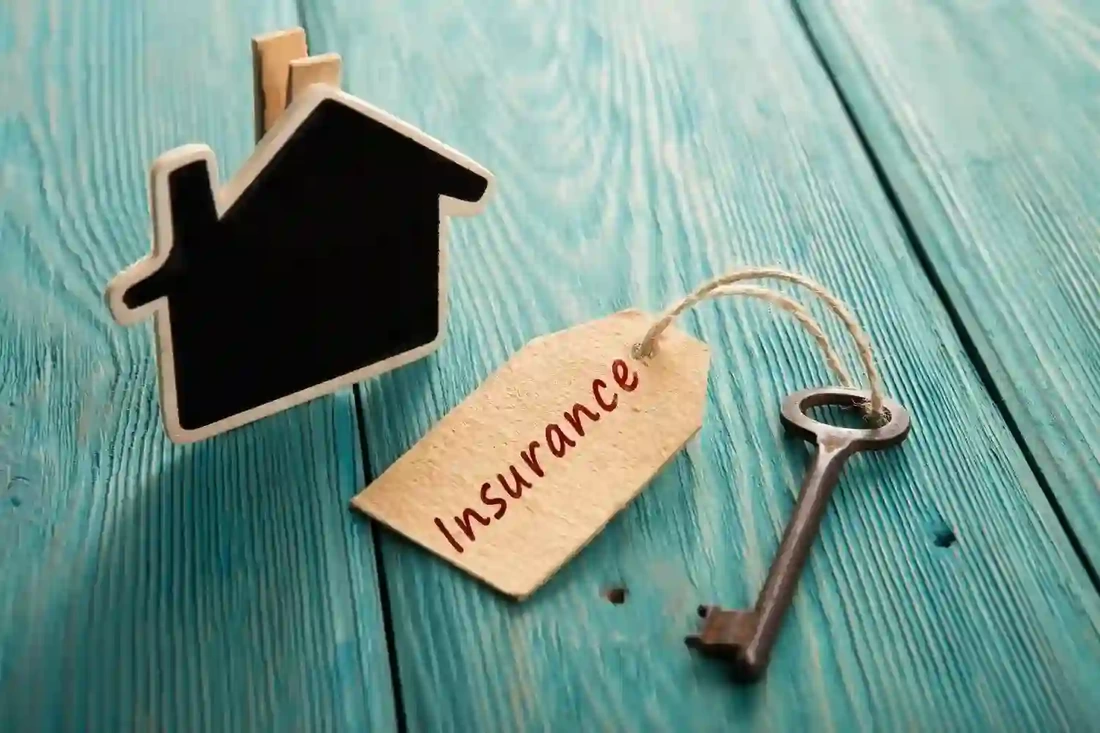Save money on home insurance. Here's how
Could you save money switching home insurance? |
|
Home insurance can vary quite widely in price, terms and cover.
It’s well worth looking around to make sure you have the cover you need and you’re getting the best price. Especially if you've been with the same insurer for a while, you’re insured by your bank or mortgage provider or you haven’t looked at the market recently, you could save money on your home insurance. HOW MUCH ARE YOU PAYING FOR HOME INSURANCE? Compare & save Shopping for a new policy? First, make sure you actually do shop. Most auto-renewing home insurance is more expensive than what you could find on the market, so if you have insurance already, don’t just let it roll over. Look around, shop around and use a price comparison service to find the best deal. For similar reasons, don’t automatically go with your bank or mortgage supplier. Banks sometimes offer contents insurance as part of bundled bank accounts, but it’s often substandard or a poor fit for your needs. Again, look around for a good deal yourself. |
|
|
Top tips:
* Increase your excess: Voluntarily increase your excess to cut your premiums. * Pay annually: This is usually cheaper than paying monthly. Monthly repayments are really a loan. * Build up a No-Claims: Just like car insurance, a no-claims bonus reduces your premiums. Some companies will let you bring your no-claims with you, so when you’re price shopping, factor that in. The right kind of cover There are two kinds of insurance: building and contents. You might need both. Do you own your own home? If not, you don’t need buildings cover. That insures the actual buildings - house, garage, and any surroundings like driveways - anything that’s yours. KEY POINT: If it’s not your house, leave it to the landlord to arrange: by law it’s their responsibility. If you need buildings cover too, it often makes sense and saves hassle to have both provided by the same company. Buildings insurance People tend to overestimate rebuild costs, and underestimate contents value. Rebuild cost is easy to get wrong if you fall into the trap of thinking you’re insuring your home for its market value. But some of its market value comes from its location. At most, buildings insurance needs to cover the cost of completely rebuilding your home, and that’s often a much lower sum than the price you paid for the house. |
|
|
Contents insurance
It’s easy to underestimate your contents insurance needs. For one thing, if everything in your house - TV, washing machine, fridge, freezer, cooker - is ruined, you’re going to need replacements. So insure contents for the price of replacement, not the market value. For instance, if your cooker is four years old it might only be worth £150. But to you, it’s worth 1 cooker; if it’s wrecked, you need it to be insured for the price of a new one. The other common pitfall when you take out contents insurance is to insure only the things that you really care about. You look around the house and think, ‘no point insuring some of this; we’ll just cover the stuff we actually need.’ Sneakily, though, contents insurance doesn’t work that way: it pays pro rata on the insurer’s valuation of your home’s entire contents. What does that mean? If your TV is worth £500, and your £10,000 worth of home contents is insured for £5,000, when your TV gets trashed or stolen, how much will your insurance pay out? Half its value, or £250; 50% pro rata. Make sure your contents’ full value is insured to get full value back on any individual piece. Contents: make sure you know what to insure and for how much Shopping around Using comparison sites is a great idea, but don’t limit yourself to one. Use two or three comparison sites - and check Aviva and Direct Line, insurers which don’t usually show up on comparison sites. You can give our comparison tool a go here. If you have abnormal circumstances, like if you have flood issues, or you live near a forest and tree roots or branch falls affect you, go to a broker; otherwise you’ll probably find your coverage won’t fit your needs. In the recent floods across the north of the UK, many people who thought they were insured found themselves facing paying the first £4,000 or so of the damage themselves, before their insurance policies would pick up the rest. KEY POINT: It always pays to get cover for your circumstances; doing otherwise is a false economy. Don’t be afraid to haggle for a better deal. If you like an insurer, but you can get a similar product for less somewhere else, invite them into your decision making process: tell them your dilemma and ask them what to do. Even if you haven’t seen something similar elsewhere, it never hurts to try: many insurance companies tell their staff they’re allowed to take a certain amount off the price - if you ask. So when you call them, make sure to ask! |
|
Save £££ on your home insurance |
|
What about cashback sites?
As with any product, you should regard cashback as a bonus. Don’t make it the reason you choose a policy. Find a policy which covers you for what you need and is the best price you can find, then take it to the cashback sites and see if there’s anything there for you. Don’t go there first. HOW MUCH ARE YOU PAYING FOR HOME INSURANCE? Compare & save Save money on your existing home insurance policy What can you do if you’re mid-contract and you want to push your next payment down, or you want to keep your current supplier but you’d like to drop the price? You can still haggle when renewal time comes round, and as an existing customer you have a massive bargaining chip: companies know it’s way cheaper to market to you than to a brand new customer, so it’s in their economic interest to effectively pay you to stay. In addition to that, there are steps you can take immediately that will have a positive effect on your insurance premiums - whoever you’re paying them to: Install burglar alarms Burglar alarms can help reduce your premiums. But there’s been a process of diminishing returns. As burglar alarms are more common, they’re less effective and insurance companies are less likely to offer you a discount for having one. TOP TIP: Get an approved model, though, and you could shave up to 7.5% off your premiums. Secure locks Some insurers will offer you a small but significant discount of around 5% if you have serious locks installed, usually mortice deadlocks. While we’re on the subject, you should check your policy for minimum security standards; if you fall short because you didn’t read the small print, you might end up out of pocket. Installing secure locks can save you money on insurance Install a safe to slash contents costs Many insurers charge extra to insure high-value, portable items, precisely because they’re such a temptation to thieves. Installing a safe can drive premiums down. Join the Neighbourhood Watch Some insurers offer discounts for members of the Neighbourhood Watch - and you’ll have a few more eyes watching out for your home’s security too. Protect your home If your home is at higher risk your premiums will be higher; slash your premiums by taking basic steps to keep your home protected. * Fire: fitting smoke alarms throughout can cut your premiums. * Flood: If your home is at risk of flooding, try floodproofing it: replace airbricks with floodbricks, get nonreturn valves on your drainpipes and store your vital documents in a waterproof pouch somewhere accessible. * Pipes Bursting: Insulate your pipes to prevent bursting and then flooding when they thaw, which can increase your premiums. Control tall trees: tall trees near your property can increase the danger of roots disturbing your foundations or branches or even the tree itself falling and damaging your house. Keep them managed to reduce your premiums. Key Points: * Shop around * The most important thing is the right cover. Going cheaper and leaving yourself uninsured is a false economy. * Haggle - ask for a better price and you might get it! |
|
Are you paying too much for home insurance? |




